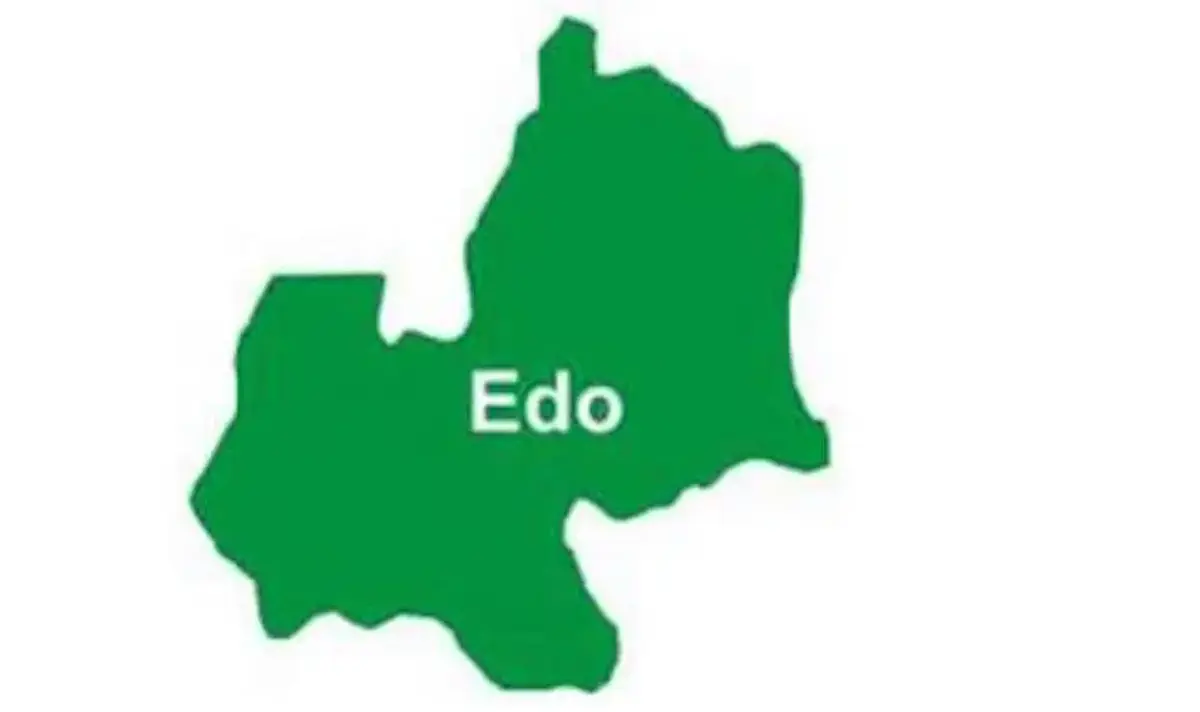The Central Bank of Nigeria (CBN), has reiterated its commitment to the economic empowerment of micro-entrepreneurs including women through microfinance institutions.
The CBN Governor, Mr Godwin Emefiele said this on Friday in Gombe at the 27th Seminar for Finance Correspondents and Business Editors.
The theme of the seminar was “Repositioning Micro-Finance Banks for Real Sector Growth”.
Emefiele, represented by CBN Deputy Governor, Mr Edward Adamu said that the bank was concerned about increasing access to financial services for the economically active poor to enhance job creation as well as poverty reduction.
He said that the CBN had recently carried out some reforms in the microfinance sub sector with the aim of increasing the share of micro credit to at least 20 per cent by 2020.
“By increasing access to credit and related services to the economically active segment of the low income population, microfinance directly contributes to expanding the production base of the economy.
“In a developing country like ours, the link between microfinance and the real sector is quite strong.
“Microfinance banks are conceived to serve as critical financial lubricants for the real sector, which is the pillar of sustained economic growth.
“At the moment, economic policy in Nigeria faces a major challenge of reviving growth which is the only sure path to ending pervasive poverty.
“Microfinance has worked in this regard in many climes and promises to work in Nigeria if we get this right,” he said.
Also speaking, the Governor of Gombe, Mr Ibrahim Dankwambo said that in spite of the low amount the state receives from the federation account, it had been able to utilise it efficiently.
The Governor, who was represented by his Deputy, Mr Charles Iliya said the present administration had in the last eight years transformed the state by being prudent managers of scarce resources.
“We thank the CBN for some of its initiatives, especially in agriculture, which members of the state have benefited from.
“We want to also thank the CBN for all the assistance they have given to communities in Gombe state, ” he said.
Speaking earlier, the CBN Director, Corporate Communications, Mr Isaac Okorafor said that the seminar was organised for financial reporters to update them on the activities and interventions of the apex bank.
“We believe that it is only when we train those who write and educate Nigerians about the economy that people will understand and key into the financial system, ” he said.
The CBN on April 29, 2011, revised the Microfinance Policy Framework to improve access of micro-entrepreneurs and low income households to financial services.
Most notable of the reforms was the categorisation of Microfinance Banks (MFBs) into Unit, State and National.
Unit MFBs requires an operational capital of N20 million and is prohibited from having other branches and cash-centres.
The State MFBs is autorised to operate in one state with a capital of at least N100 million, while the National MFB can operate in more than one state and requires a capital of at least N2 billion.
The CBN also created the National Collateral Registry (NCR) which allows the use of movable assets like jewelries, livestock and equipment as collateral to access loans from financial institutions. (NAN)



